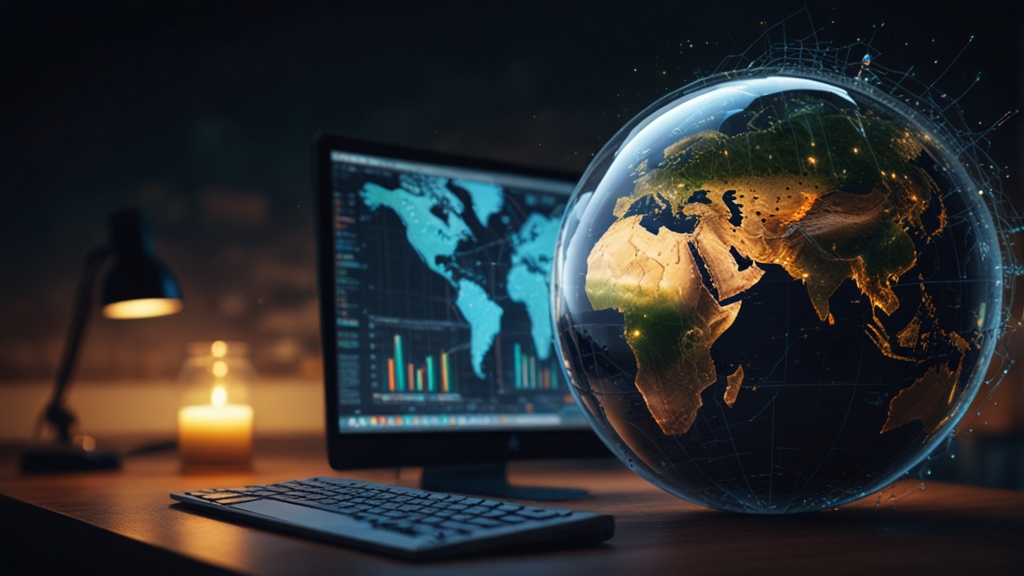Introduction
In the digital age, understanding your rights online is just as crucial as understanding your rights offline. Whether you're posting on social media, shopping on e-commerce platforms, or merely browsing the web, your digital rights play a pivotal role in safeguarding your privacy and data. This guide aims to illuminate the key aspects of your digital rights, helping you navigate the online world with confidence.
Privacy and Data Protection
One of the most significant dimensions of digital rights is the protection of personal data. The implementation of laws like the General Data Protection Regulation (GDPR) in the European Union underscores the importance of data privacy. These regulations ensure that individuals have control over their personal information, compelling companies to handle data responsibly and transparently.
“Privacy is not something that I'm merely entitled to, it's an absolute prerequisite.” - Marlon Brando
Understanding your privacy rights means knowing how your data is collected, stored, and used. Always review the privacy policies of websites and apps you use. Pay attention to the permissions you grant, and use tools like privacy settings and data encryption to protect your information.
Freedom of Expression
The internet has revolutionized how we express ourselves. Social media platforms, blogs, and forums offer unprecedented opportunities for speech. However, with this freedom comes responsibility and the need for a careful balance to prevent misuse.
It's important to be aware of the terms and conditions that govern the platforms you use. Although freedom of expression is a fundamental right, it is subject to limitations to prevent hate speech, misinformation, and defamation.
“Everyone has the right to freedom of thought, conscience and religion; this right includes freedom to change his religion or belief, and freedom, either alone or in community with others and in public or private, to manifest his religion or belief in teaching, practice, worship and observance.” - Universal Declaration of Human Rights
Right to Access Information
The right to access information is a cornerstone of a democratic society. The internet has exponentially increased accessibility to information, allowing individuals to learn, grow, and make informed decisions. However, secure access to credible and accurate information is just as vital.
Governments and organizations have a duty to promote the transparency and availability of information. As a user, you should verify the credibility of your sources and stay informed about the methods used to protect your digital footprint while accessing information.
Intellectual Property Rights
The digital landscape is abundant with creative content, ranging from music and videos to blogs and software. Intellectual property rights are designed to protect the original works of creators, ensuring they receive recognition and compensation for their efforts.
“Copyright law is a dinosaur, ill-suited for the landscape of the digital age.” - Lois McMaster Bujold
It's crucial to respect intellectual property rights by avoiding piracy and understanding the terms under which creative content is shared. Platforms like Creative Commons offer licenses that provide a clear framework for both creators and users, fostering a fair and respectful digital environment.
Conclusion
Understanding your digital rights empowers you to engage more safely and responsibly with online content and services. From protecting your personal information to respecting intellectual property, these rights form the foundation of a fair and secure digital society. Regularly educating yourself about the evolving landscape of digital rights ensures you stay informed and protected in the dynamic world of the internet.
Step into the light and take control of your digital experience by knowing and exercising your rights. In doing so, you contribute to a safer, more respectful, and empowering digital community for all.










